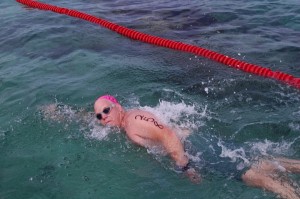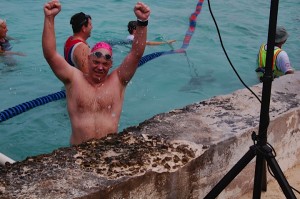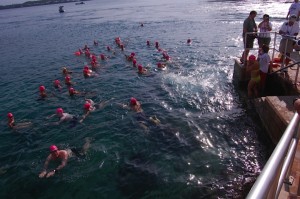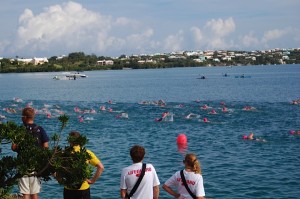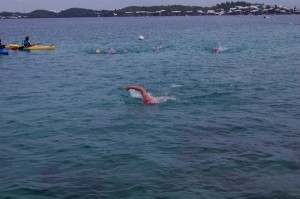It was a great evening under a full moon last night at Avery Point, talking “Swimmer Poetics.” I always enjoy speaking to a mixed audience; Avery Point is a maritime studies campus, with an emphasis on marine science and public policy as well as a growing but still modest humanities presence. I was introduced by my old friend Mary K. Bercaw-Edwads, a blue-water sailor and Melville scholar, but there weren’t many other literary types around.
What everyone shared, though, was a deep personal commitment to the ocean. One of the really great questions I got after the talk was about how differently a less-ocean focused audience might reaction to the idea that swimming and poetry are essentially ecological practices and ideas. It’s a question I might revisit at SAA, though my Oceanic Shakespeares seminar will be filled with dual-focus types like me, interested in poetry and the sea, wanting to use the one to get at or into the other.
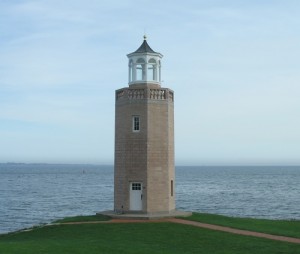
Early in the talk I rehearsed something that I wrote in the first few pages of At the Bottom of Shakespeare’s Ocean, the claim that the sea is receding from our cultural imagination. I still basically believe this, having taken the point in part from Robert Foulke, but I also think it needs refining. The sailor and the sailing ship have been receding in our imagination since Conrad, whose novels comprise a kind of requiem. Perhaps maritime shipping and the ship as such are as well, with the exception of the cruse ship. But the beach is our public property, and ocean swimming has, almost certainly, become much more common in the past few generations than ever before.
The distinction between sailors and swimmers, between being “on it” or “in it,” was the refrain of my gallery talk at the Folger back in June 2010, and I wonder now if I should go back to that frame as a way of separating out two different versions of the human-sea relationship.
The other great question I got after the talk, asked by a former competitive swimmer who’s recently started coaching a high school swim team, was about the morality of swimming. As I was thinking through it during my answer, I tried to lay out a distinction between the ship, which has been an emblem for social bonds and political order since antiquity — Plato’s Republic uses it, and I think Antigone also — and the solitary swimmer, head down underwater, who, to paraphrase Frost, cannot see out far and cannot see in deep. I’m pretty focused on the wisdom of the swimmer, the knowledge that comes from living in an inhuman and untenable environment — but what’s the social politics associated with this practice? What’s the morality?
The best thing about bringing new work somewhere is getting unexpected feedback. The shipwreck book, which is nearly done — I’ll be able to use some of the material about Donne’s “The Storm” that I talked about last night in the chapter on the lyric, and an expanded version of the Crusoe in the surf bit also in the “Castaways” chapter, and those are the last two that I need to write — is feeling more and more like a hinge book, a way into the water where I’ll be swimming for a while.
Swimmer Poetics isn’t a bad book title, I suppose. I’m going to use it for a short talk at a Maritime conference in Cape Cod in April, and also for an eco-theory piece for O-Zone. Unless I decide I need to save that phrase.
